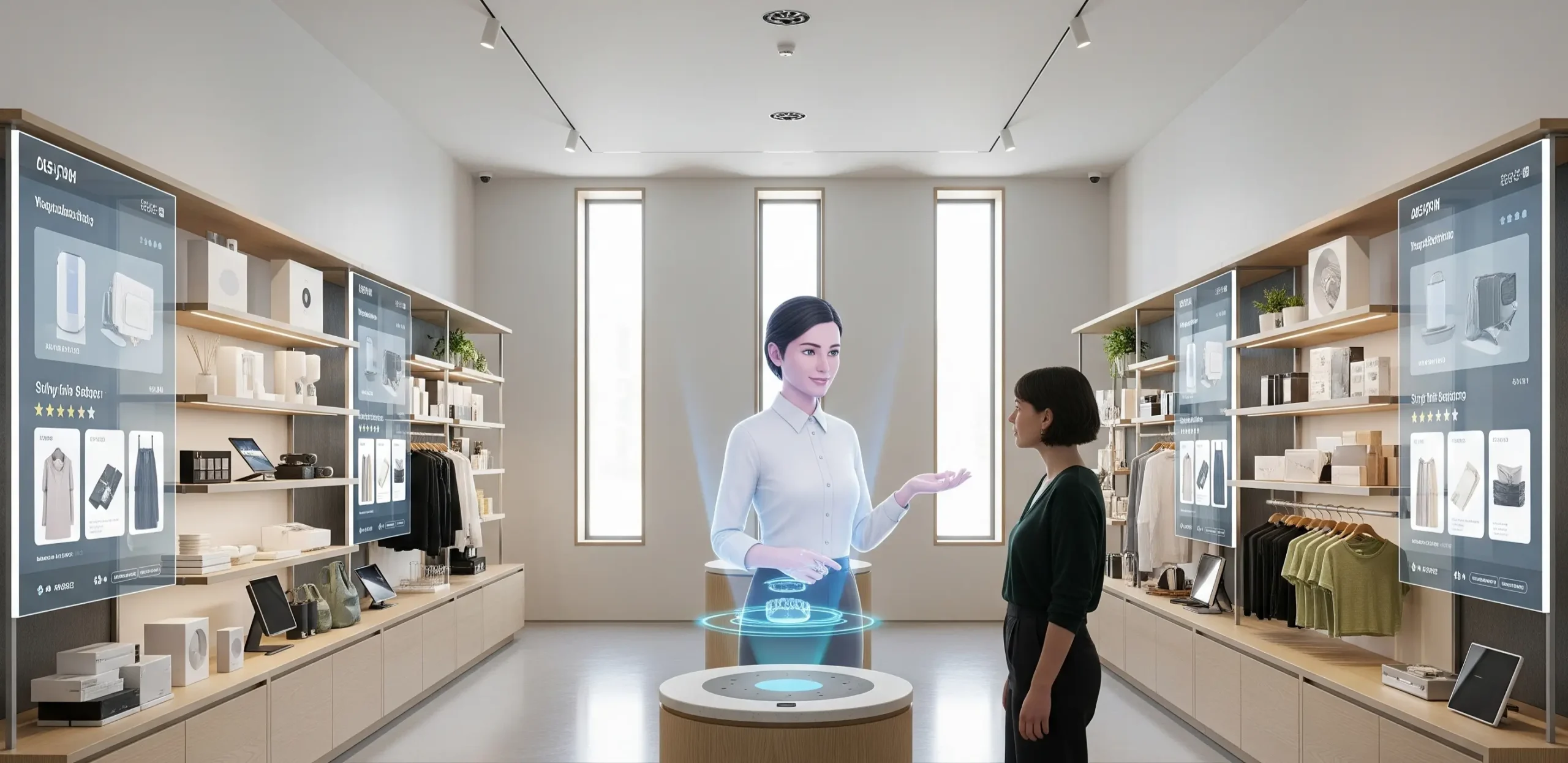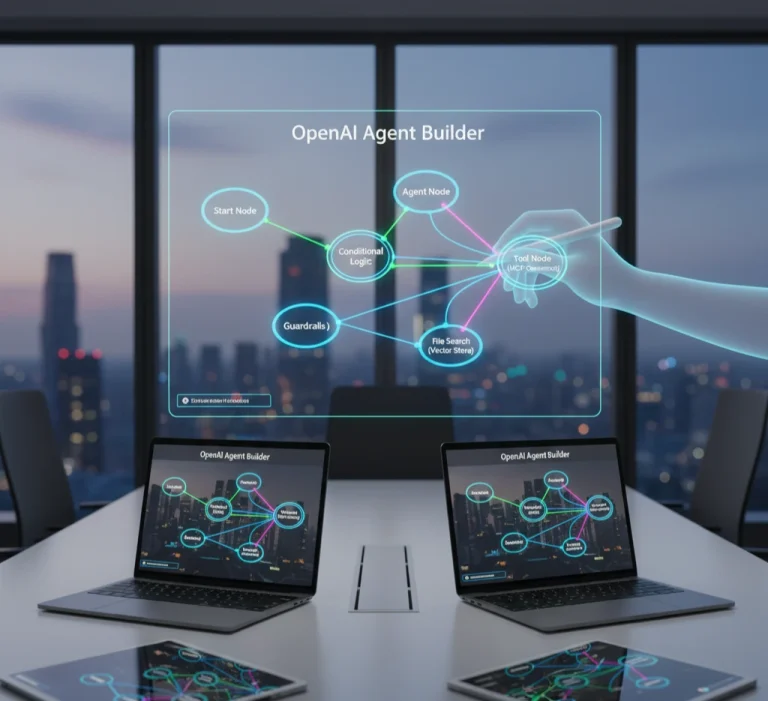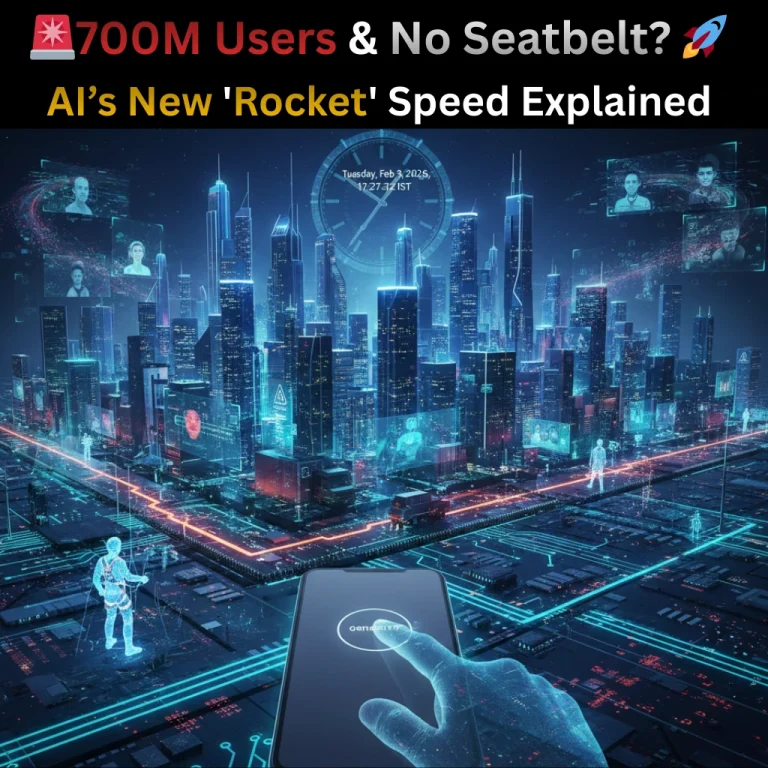
Imagine walking into a store where everything, from the moment you step in to checkout, feels personalized just for you. The shelves seem magically stocked with exactly what you want, and customer support is ready 24/7, without any wait. This is no sci-fi dream; it’s the power of Artificial Intelligence (AI) in retail today. If you’re a retailer or business owner, you know the fierce competition and shifting customer expectations make every advantage count.
That’s why understanding AI in retail isn’t optional anymore; it’s essential for survival and growth. Here’s a fresh, clear guide about how AI is actively transforming retail in 2025 and how you can leverage it right now.
What is AI in Retail Strategy? And Why Should You Care?
AI in retail means using smart technologies like machine learning, predictive analytics, and AI-driven chatbots to make super-informed decisions and deliver better shopping experiences. It helps you know your customers deeply, stock smarter, price dynamically, and automate repetitive tasks. Why does that matter? Because your customers have become more demanding. Fast, convenient, hyper-personalized shopping is what they expect both online and offline. Retailers harnessing AI are winning in terms of loyalty, profits, and operational efficiency.
Real Benefits That AI Brings to Retail: Quick Wins You Can’t Ignore
- Personalization That Feels Human: Ever noticed how Amazon seems to “get” you? AI analyzes user behavior and preferences to suggest products you’re likely to want, making shopping feel intuitive and delightful.
- Inventory That Never Lets You Down: AI predicts when demand will spike or dip, helping you maintain the right stock levels without costly overstock or disappointing out-of-stocks.
- Pricing That Reacts to the Market: Instead of manual price changes, AI tweaks prices dynamically based on competitors, seasons, and demand, so you stay competitive and profitable.
- Instant, Smart Customer Support: AI chatbots handle common questions 24/7, freeing your staff to focus on complex inquiries while keeping customers happy.
- Fraud Fighters: AI rigorously scans transactions for suspicious patterns, reducing losses and boosting trust.
What Are Real Retailers Doing with AI Today?
- Product Recommendations: Netflix and Amazon excel here, boosting sales with algorithms that know exactly what you might like. Many mid-size retailers are now adopting similar AI-powered engines.
- Visual Search & Virtual Try-Ons: Customers can upload photos or virtually “try” clothes, makeup, or accessories, enabling confident purchases remotely.
- Supply Chain Mastery: AI forecasts demand considering holidays, weather, and trends, making logistics smoother and more cost-effective.
- Automated Customer Interactions: Retailers deploy chatbots to provide fast answers, product info, and even personalized deals instantly.
How to Get Started with AI in Your Retail Business (No Tech Headache, Promise!)
- Start small: Try AI for simple tasks like email personalization or customer service bots and build confidence as you see results.
- Leverage your data: The more clean, organized customer and sales data you collect, the better your AI tools work.
- Pick the right platforms: Salesforce Einstein, IBM Watson, and Google Cloud AI offer great retail-specific AI solutions. Explore which fits your scale and needs.
- Train your team: AI success depends as much on people as tech. Equip your staff with skills and mindset to embrace AI-powered tools.
- Iterate and expand: Track what works, tweak, and scale up. AI isn’t a one-and-done; it’s continuous growth.
Overcoming Common AI Adoption Challenges
Yes, there are bumps like investment costs, data privacy, and integrating AI with older systems. But these are surmountable. Many startups and SMBs find affordable AI-as-a-service models that don’t break the bank. Also, adopting transparent data policies builds customer trust fast.
What’s Next? The Hottest AI Trends in Retail
- Generative AI: Creating targeted marketing content or personalized campaigns automatically, saving time and boosting creativity.
- Agentic AI: Systems that proactively manage tasks, demand planning, even staffing decisions, with minimal human input.
- Seamless Omnichannel Experiences: AI linking physical and online channels ensures customers get a smooth, consistent shopping experience.
- Retailtainment Powered by AI: Interactive AI-driven in-store experiences that turn shopping into engaging entertainment.
- Sustainability Focus: AI optimizes routes, reduces waste, and helps retailers meet eco-friendly goals customers are demanding.
Why Embracing AI Today is Your Best Bet for Tomorrow
Retailers that integrate AI now unlock faster decision-making, highly personalized customer journeys, and leaner operations. The future? Autonomous stores, voice-activated shopping, and predictive analytics that anticipate customer desires before they even know themselves.
In Summary: AI is No Longer a Luxury, It’s a Retail Necessity
From personalization to predictive analytics and beyond, AI powers smarter retail strategies that delight customers and strengthen the bottom line. Whether you’re a large chain or an emerging brand, the time to start your AI journey is now.
FAQs
Find answers to common questions below.
Is AI in retail only for e-commerce?
No. AI also enhances in-store experiences with cashier-less checkout, smart shelves, and customer behaviour analytics.
What is AI in retail and how does it work?
AI in retail uses machine learning, predictive analytics, and automation tools to improve operations, personalise shopping, and boost sales.
How is AI changing the retail industry?
AI is transforming retail by enabling personalised recommendations, dynamic pricing, inventory optimisation, and virtual try-on experiences.
Can small businesses afford AI in retail strategy?
Yes! Many affordable AI tools like chatbots, email personalisation platforms, and recommendation engines are available for small retailers.







